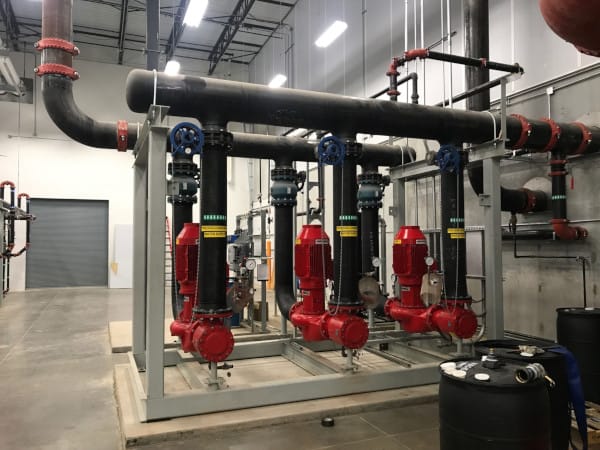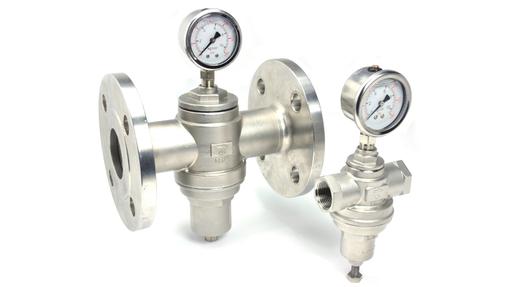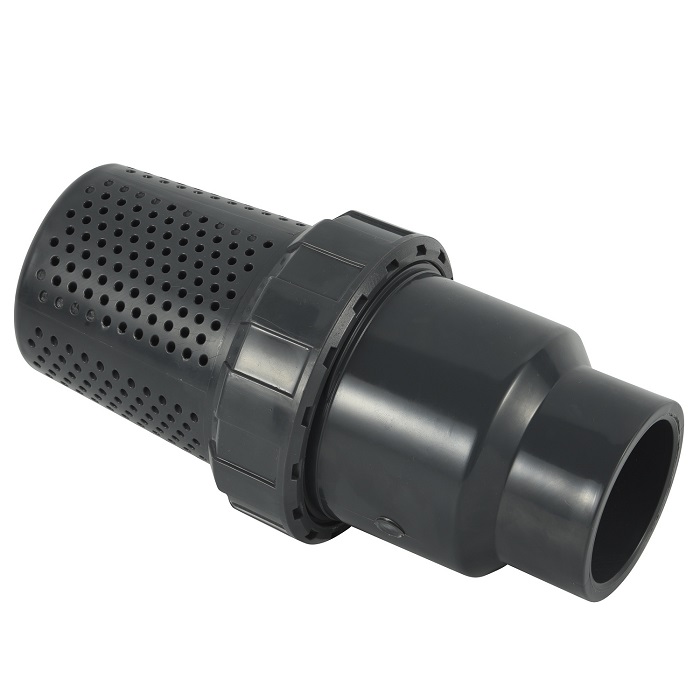Unraveling the Essence of Instrumentation: A Comprehensive Discourse
Instrumentation holds a pivotal role in various fields, furnishing valuable data and insights crucial for driving efficiency and precision. From scientific research to industrial processes, instrumentation stands as the backbone of modern technology. In this article, we will unravel the essence of instrumentation, delving into its significance, applications, and the role of geosynthetics in augmenting its functionality.
What is instrumentation, and why does it matter?
Instrumentation involves the use of devices and systems to measure, monitor, and control various processes. Whether in a laboratory, manufacturing facility, or research center, instrumentation facilitates the acquisition of precise data, enabling well-informed decision-making. Its significance lies in amplifying efficiency, ensuring safety, and optimizing performance across diverse applications.
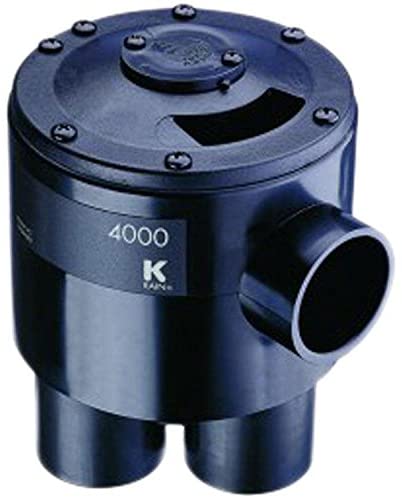
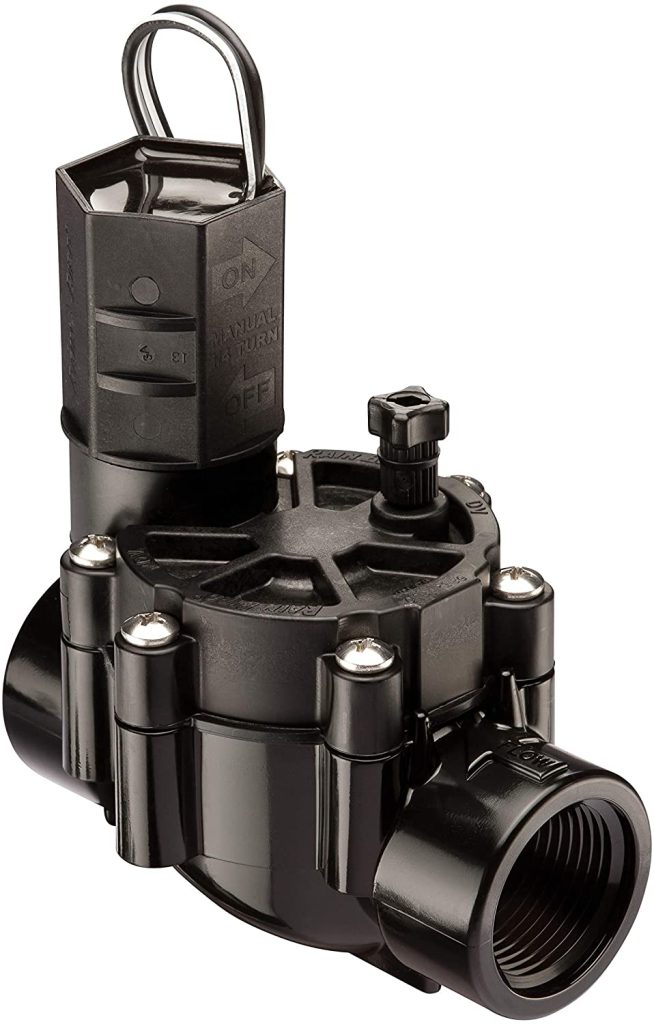
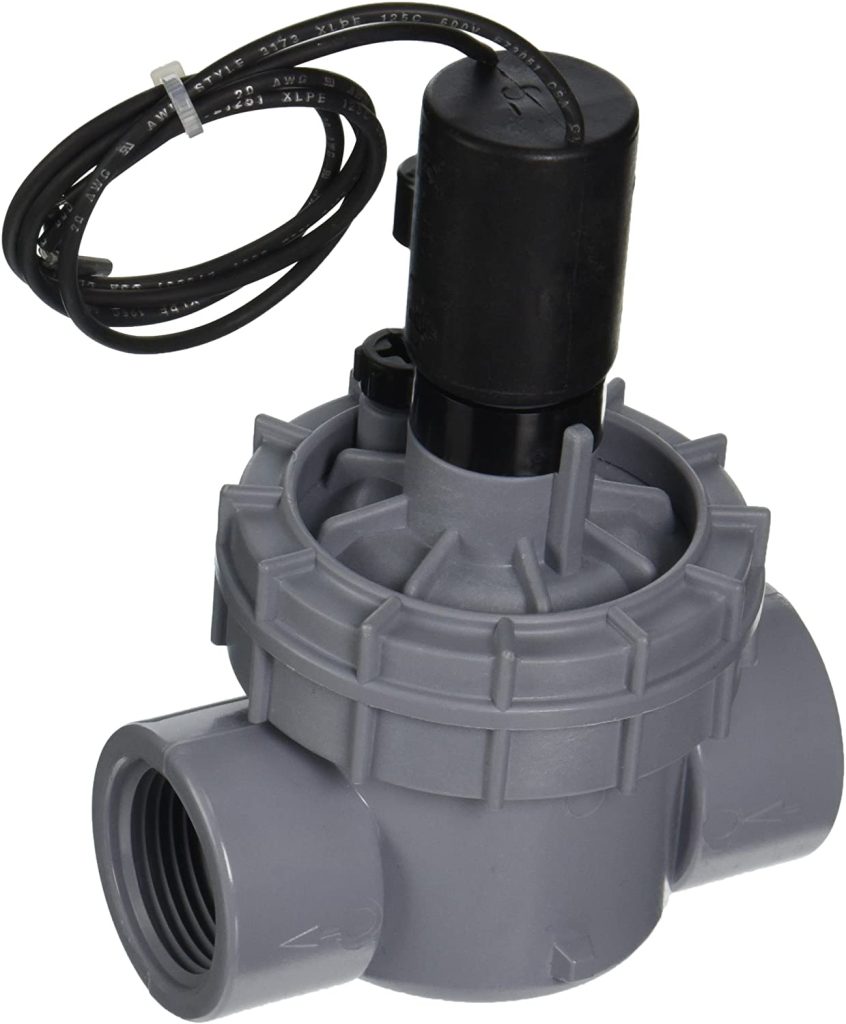
What comprises the essential components of instrumentation systems?
Instrumentation systems comprise sensors, transducers, signal processors, and display/control devices. Sensors and transducers translate physical parameters like temperature, pressure, or flow into electrical signals. Signal processors analyze and manipulate these signals, while display/control devices present information and facilitate user interaction. The seamless collaboration of these elements shapes a holistic instrumentation system.
What are the prevalent applications of instrumentation?
Instrumentation serves across a spectrum of industries. In manufacturing, it contributes to quality control and process optimization. In healthcare, instruments monitor vital signs and assist in diagnostics. Environmental monitoring relies on instrumentation for measuring pollutants and ensuring adherence to regulations. The aerospace, automotive, and energy sectors extensively leverage instrumentation for performance analysis and maintenance.
How do geosynthetics enhance instrumentation in geotechnical applications?
Geosynthetics, incorporating materials like geotextiles and geomembranes, play a significant role in geotechnical instrumentation. They bolster the stability of soil structures, prevent erosion, and offer reliable support for instrumentation installations. Geosynthetics act as protective barriers, shielding instrumentation from external elements, and ensuring sustained performance in challenging environments. Their integration with instrumentation fosters sustainable and resilient geotechnical solutions.
Instrumentation is a cornerstone of technological progress, contributing to precision and efficiency across diverse fields. The amalgamation of geosynthetics further enhances the reliability and longevity of instrumentation systems in geotechnical applications. As we continually push the frontiers of innovation, understanding and harnessing the potential of instrumentation and its complementary elements become paramount for sustainable development.
